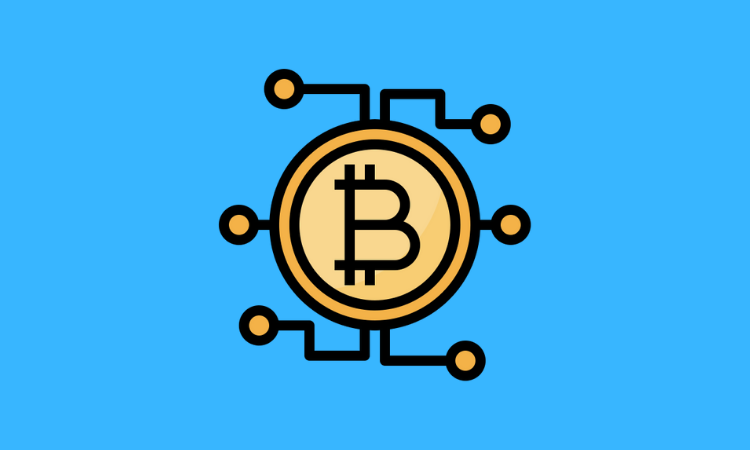Blockchain and Crypto
Is the market ready for crypto-based rewards?
- Crypto adoption is rising, and now consumers are accepting rewards in them.
- Brands can create value for a variety of crypto consumers: the eager 'crypto bros' and the more cautious beginners.









